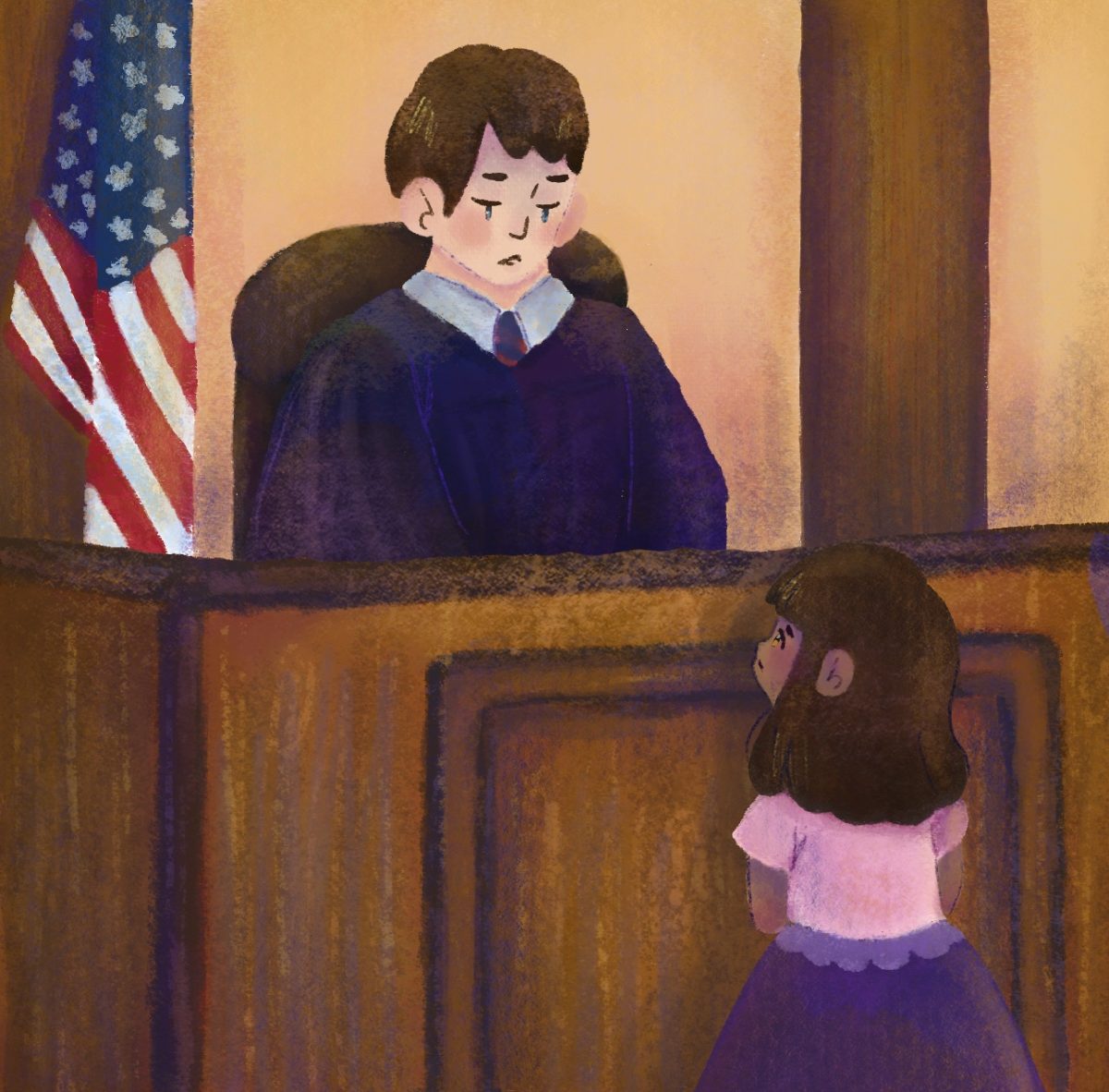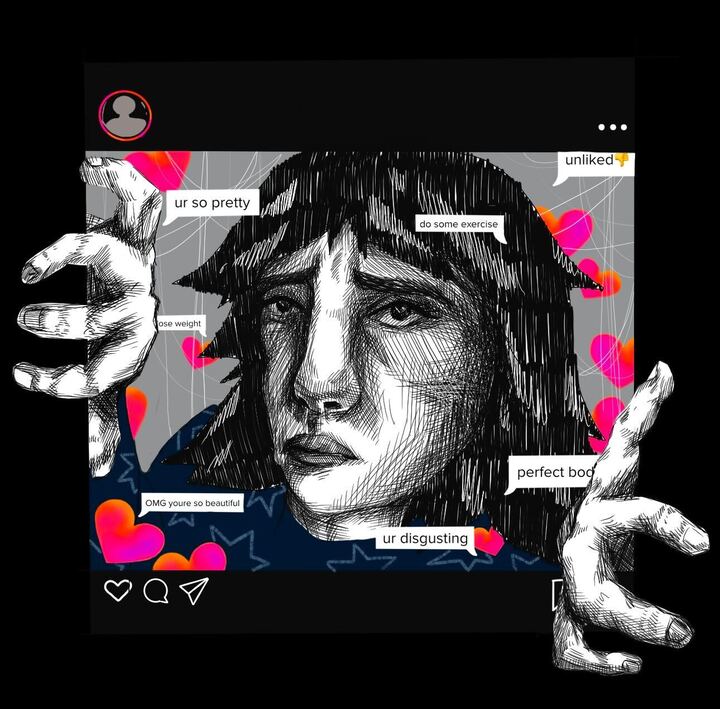Hollywood still demands blonde bombshells above anyone else, so start heading back to the internment camps, you Asian American actors.
Hollywood’s days of using offensive and racist buffoonery such as “yellow face” (i.e. Breakfast at Tiffany’s, Charlie Chan) are over, but the phenomena of casting white actors for roles originally meant for Asian Americans characters has trended profusely in the 21st century.
Warner Bros. has invested in three different projects based on Japanese stories— Akira, Death Note, and All You Need is Kill. The biggest controversy is over Akira, an anime set in post-apocalyptic neo-Tokyo, where the two main characters of Akira are young Japanese males named Tetsuo and Kaneda. The Warner Bros. rewrite brings the story to the United States by setting it in Manhattan.
According to entertainment news website Deadline.com, the rewritten script has been sent only to popular white actors—Robert Pattinson, Andrew Garfield and James McAvoy for the role of Tetsuo and Garrett Hedlund, Michael Fassbender, Chris Pine, Justin Timberlake and Joaquin Phoenix for Kaneda.
Japanese American actor George Takai, best known for his role as Sulu in the original Star Trek television series and movie features, is spearheading a movement to keep Warner Bros. studios from “whitewashing” Akira.
In an interview with the Advocate, Takei said the adapted Akira should be lead by Asian American actors and remain as close to the original manga series as possible to avoid a flop, citing M. Night Shyamalan’s The Last Airbender as an example.
“He (Shyamalan) cast his project with non-Asians… and the film flopped” said Takei. “The manga and anime phenomenon… originated in Japan, and… it has a huge Asian fan following. But it’s the multi-ethnic Americans who are fans of Akira…”
Fans of the original series and Asian American groups also responded to the white-only considerations with anger. In a letter to Warner Bros., media diversity advocacy groups and Marissa Lee, founder of website Racebending.com, argued the change in setting did not have to mean a complete change in ethnicity.
“One out of ten Manhattan residents are Asian American and at 41 percent of the population, Asian Americans are the largest racial group in Lower Manhattan,” the letter read. “Because Asian Americans are present in every major city in the United States, there is no need to change the ethnicity of the main characters while resetting this story to Manhattan.”
Minority representation in entertainment and media has improved within the past century, as Americans have become less overtly racist and more willing to share the screen with non-Caucasian faces. However, Asian American actors face an invisible glass ceiling—the emphasis on invisible—in the television and film industry where leading roles are often reserved for white actors.
For example, in 2009, producer Randy Greenberg cast actor David Henrie (Wizards of Waverly Place) to play the lead in a movie adapted from a comic book called The Weapon. The comic book’s main character, however, is a Chinese American superhero.
In a conversation with Racebending.coms’ Lee, Greenberg said, “in the entertainment business, you have to have marketable, sellable talent in order to get someone to write a check. And that’s just the way it is.”
In 2010, Warner Bros. secured the rights to turn Japanese novel All You Need is Kill into a screenplay. In an interview with entertainment website comingsoon.net, director Doug Liman was asked if he planned on casting Japanese American actors. He replied, “No, it’s totally American.”
The idea that Asian Americans are not marketable discounts the growing percentage of our country’s Asian American population.
According to Racebending.com, Asian Americans represent over 15 million media consumers in the United States and by the time Akira is released in 2013, their spending power will grow to more than $700 billion.
And to think that being of Asian descent is diametrically opposed to the term American is racist and ridiculous. For example, audiences and critics loved and praised the Pixar movie UP, which starred an adorable, animated Asian American boy scout. The quality and success of the movie were not deterred because of his race, and it is unlikely anyone questioned how American his character was.
If Asian Americans can star as animations without question, there’s no reason why they shouldn’t be considered at starring in animations come to life.





